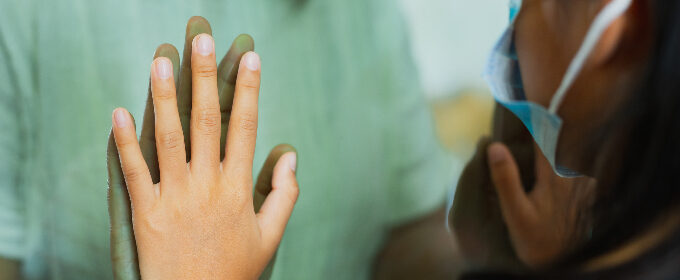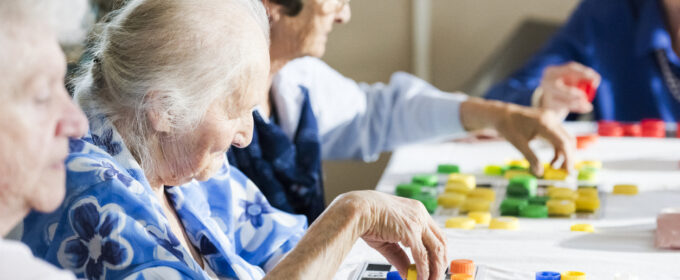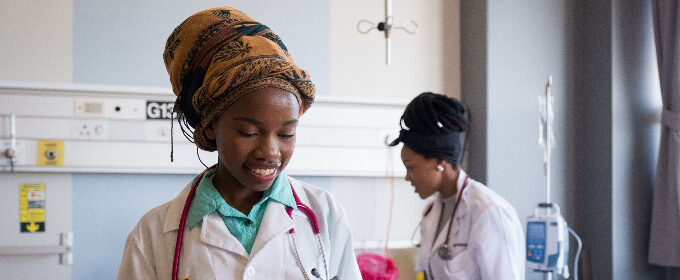Between the beginning of the COVID-19 pandemic and September 2021, 4.1 million people in the UK were asked to ‘shield’, including those with autoimmune conditions such as rheumatoid arthritis. Shielding recommendations included staying at home, avoiding all face-to-face contact with those outside shielders’ households, and limiting interactions within households. Here, Dr Charlotte Sharp and Lynn […]









